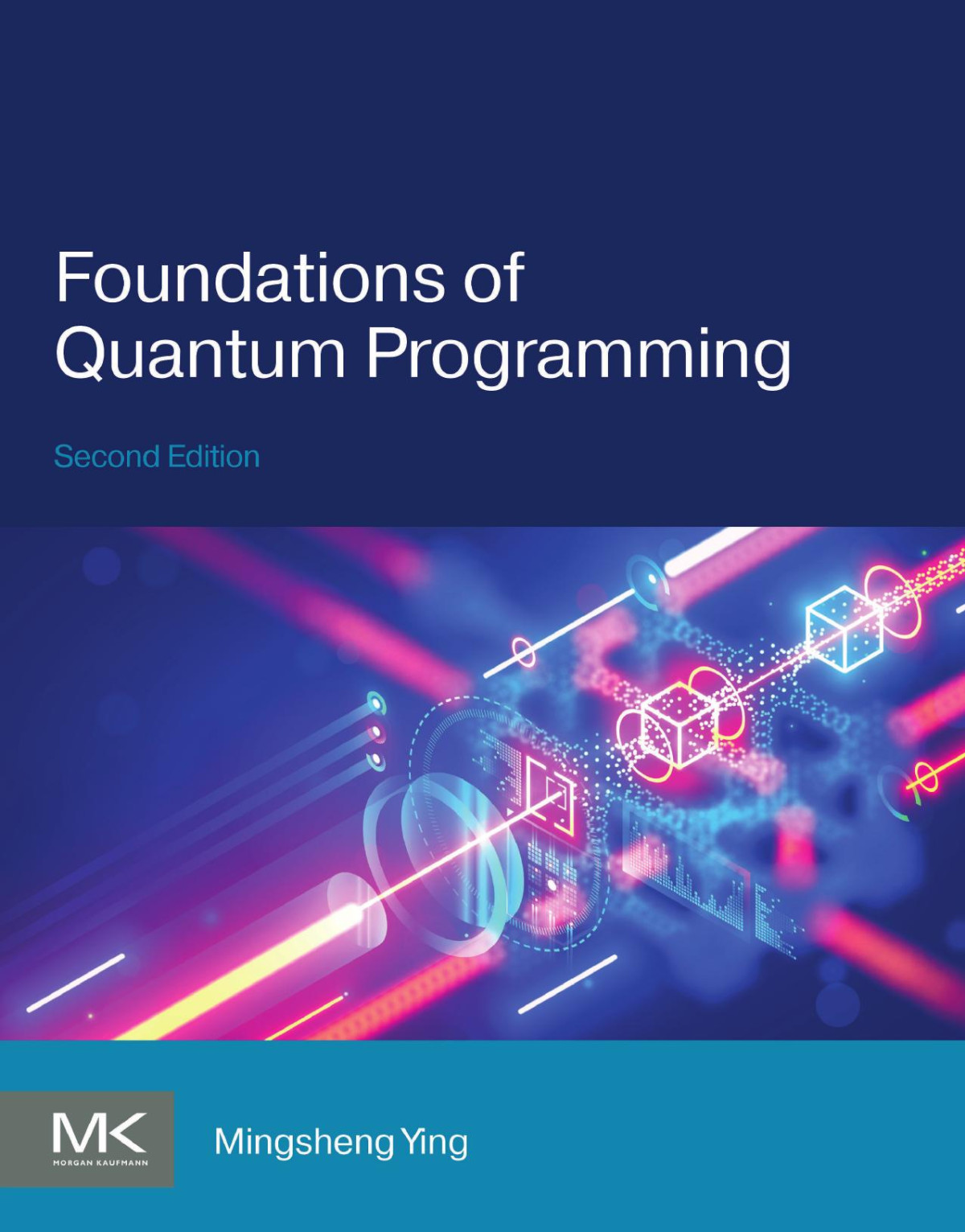

Most ebook files are in PDF format, so you can easily read them using various software such as Foxit Reader or directly on the Google Chrome browser.
Some ebook files are released by publishers in other formats such as .awz, .mobi, .epub, .fb2, etc. You may need to install specific software to read these formats on mobile/PC, such as Calibre.
Please read the tutorial at this link: https://ebookbell.com/faq
We offer FREE conversion to the popular formats you request; however, this may take some time. Therefore, right after payment, please email us, and we will try to provide the service as quickly as possible.
For some exceptional file formats or broken links (if any), please refrain from opening any disputes. Instead, email us first, and we will try to assist within a maximum of 6 hours.
EbookBell Team

4.7
66 reviewsFoundations of Quantum Programming, Second Edition discusses how programming methodologies and technologies developed for current computers can be extended for quantum computers, along with new programming methodologies and technologies that can effectively exploit the unique power of quantum computing. The Second Edition includes two new chapters describing programming models and methodologies for parallel and distributed quantum computers. The author has also included two new chapters to introduce Quantum Machine Learning and its programming models – parameterized and differential quantum programming. In addition, the First Edition's preliminaries chapter has been split into three chapters, with two sections for quantum Turing machines and random access stored program machines added to give the reader a more complete picture of quantum computational models. Finally, several other new techniques are introduced in the Second Edition, including invariants of quantum programs and their generation algorithms, and abstract interpretation of quantum programs.
Demystifies the theory of quantum programming using a step-by-step approach
Includes methodologies, techniques, and tools for the development, analysis, and verification of quantum programs and quantum cryptographic protocols
Covers the interdisciplinary nature of quantum programming by providing preliminaries from quantum mechanics, mathematics, and computer science, and pointing out its potential applications to quantum
…